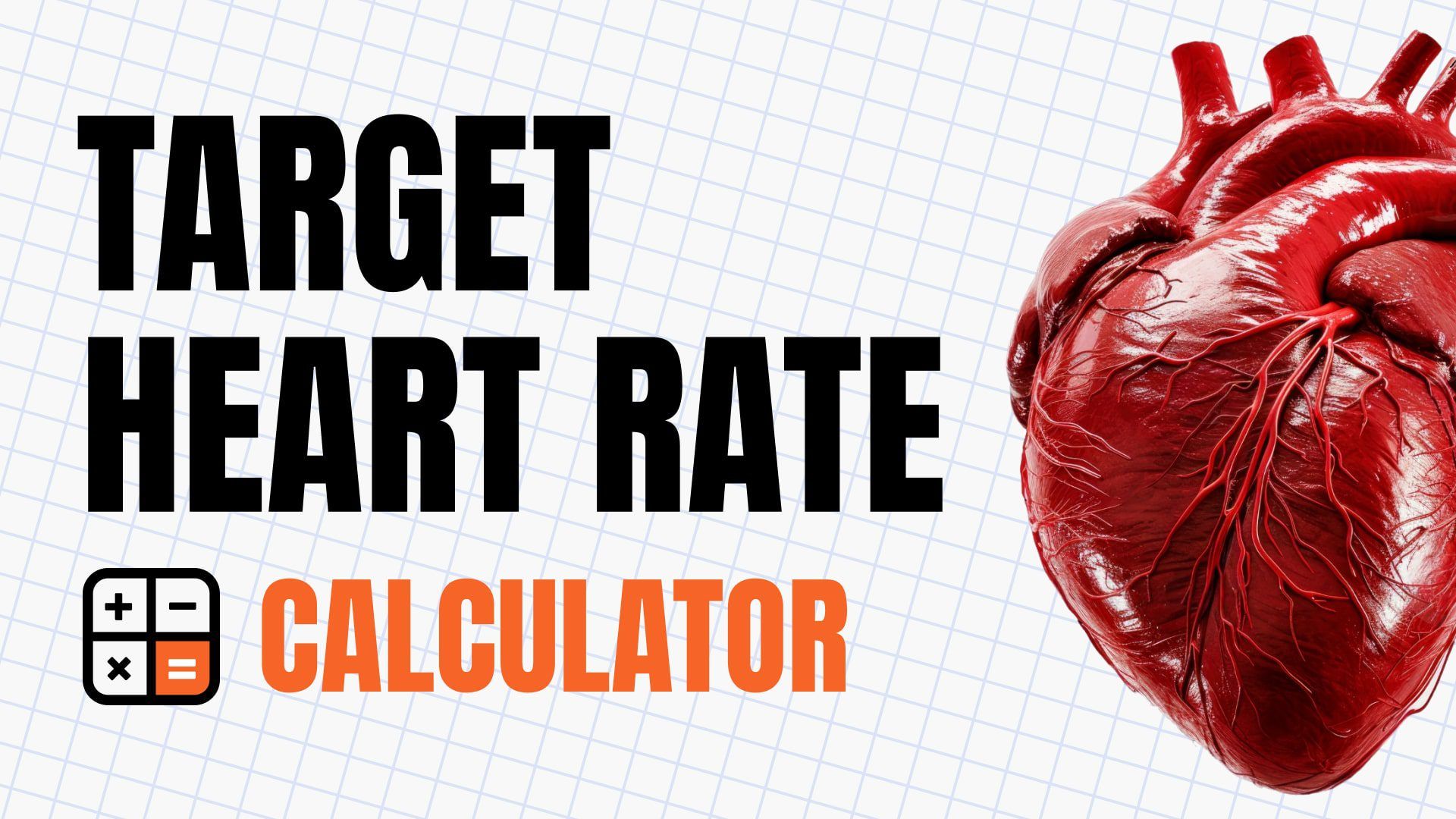Table of contents
In this article, you will learn
Understanding how much protein you need is essential for overall health and well-being. In this article, you will learn about daily protein requirements, how protein needs vary for different populations, and practical tips for meeting your protein intake goals.
Don’t like to read? Watch the video
Daily Protein Requirements
Knowing how much protein your body needs daily is the first step in ensuring you get enough of this vital nutrient.
The general recommendation for adults is to consume 0.8 grams of protein per kilogram of body weight. However, this amount can vary based on age, gender, and activity level.
General Recommendations
The recommended daily intake of protein for the average adult is about 46 grams for women and 56 grams for men.
These numbers are based on the average weight and activity levels of adults. They are intended to meet the nutritional needs of 97-98% of healthy individuals.
Factors Influencing Protein Needs
Your protein needs might be higher or lower than the general recommendations based on several factors:
- Age: Children, teens, and older adults may need more protein relative to their body weight to support the growth and maintenance of muscle mass.
- Gender: Men typically require more protein than women due to differences in muscle mass.
- Activity Level: Athletes and highly active individuals often need more protein to repair and build muscle tissue.
How to Calculate Your Protein Needs
To calculate your specific protein needs, you can use the following formula:
Your Weight in kg×0.8=Daily Protein Requirement in grams
For example, if you weigh 70 kg (about 154 pounds), you would need approximately 56 grams of protein daily.
Protein Needs for Different Populations
Children and Teens
Protein is crucial for the growth and development of children and teenagers.
During these years, the body requires more protein to support the rapid growth and development of muscles, bones, and tissues.
Recommended Intake: Children (4-13 years) need 19-34 grams daily, while teens (14-18 years) need 46-52 grams daily.
Pregnant and Breastfeeding Women
Pregnancy and breastfeeding increase a woman’s protein needs to support the growing baby and milk production.
Recommended Intake: Pregnant women should aim for about 71 grams per day, while breastfeeding women need around 71 grams.
Older Adults
Maintaining muscle mass becomes more challenging as you age, making adequate protein intake essential to prevent muscle loss (sarcopenia).
Recommended Intake: Older adults should aim for 1.0-1.2 grams of protein per kilogram of body weight daily.
Athletes and Active Individuals
Active individuals and athletes require more protein to repair and build muscle tissue, especially after intense workouts.
Recommended Intake: Athletes should consume 1.2-2.0 grams of protein per kilogram of body weight per day, depending on the intensity and duration of their training.
Key Takeaways
- Protein is essential for overall health, muscle maintenance, and bodily functions.
- Daily protein needs vary based on age, gender, activity level, and specific life stages such as pregnancy and aging.
- Meeting your protein needs can be achieved through a balanced diet that includes a variety of high-protein foods.
- Always consider personalized advice from healthcare providers to determine your specific protein requirements.
If you have any questions or want to learn more, visit my blog and follow me on social media for helpful guides and health and wellness tools.
Works Cited and Relevant Links
- National Institutes of Health (NIH). Protein and Amino Acids. Retrieved from https://ods.od.nih.gov/factsheets/Protein-Consumer/
- Harvard T.H. Chan School of Public Health. The Nutrition Source: Protein. Retrieved from https://www.hsph.harvard.edu/nutritionsource/what-should-you-eat/protein/
- World Health Organization (WHO). Protein and Amino Acid Requirements in Human Nutrition. Retrieved from https://www.who.int/nutrition/publications/nutrientrequirements/WHO_TRS_935/en/
- Mayo Clinic. Dietary Protein: Healthy Sources and How Much You Need. Retrieved from https://www.mayoclinic.org/healthy-lifestyle/nutrition-and-healthy-eating/in-depth/protein/art-20045171
- PubMed. Protein Requirements and Recommendations for Athletes. Retrieved from https://pubmed.ncbi.nlm.nih.gov/15212756/
- Journal of the Academy of Nutrition and Dietetics. Protein Needs Across the Lifespan. Retrieved from https://jandonline.org/article/S2212-2672(14)01623-2/fulltext
This is a personal blog. I am not a doctor, fitness coach, nutritionist, or trained health professional. The information I share is based on my personal experience, self-research, and insights from working with health and wellness professionals. My content is for informational and entertainment purposes only and is not intended as health advice.
Always consult with your healthcare provider before making any significant changes to your health routines or treatments. I am not liable for any actions taken based on this information.
With that said, your well-being is my top priority. Stay healthy and take care!
Credits and Team

















Leave a Reply